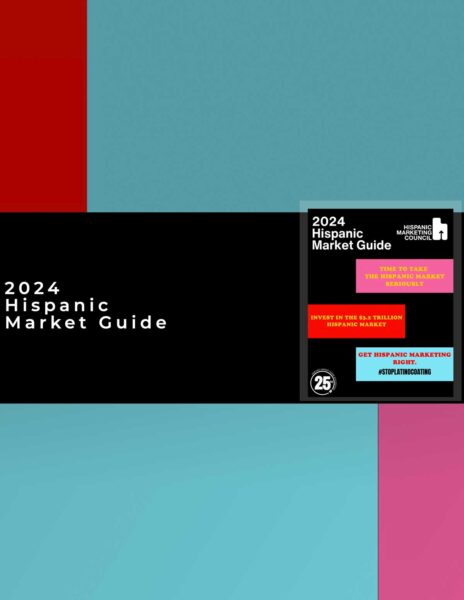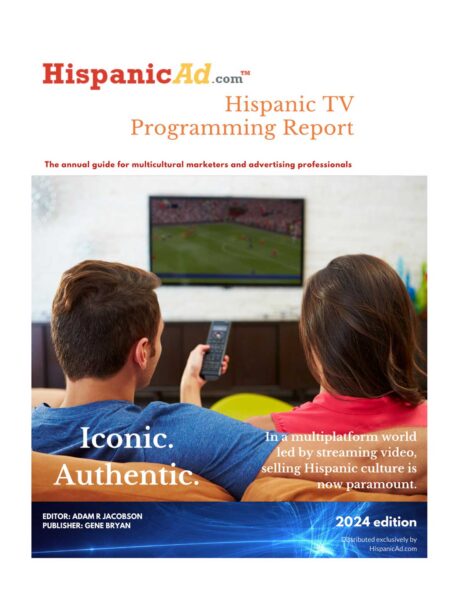The 4A’s takes position on ‘Do-Not-Track’.
September 17, 2012
The 4A’s recently joined the World Wide Web Consortium (W3C), which oversees a variety of technical standards for the Web. The 4A’s along with fellow founding members of the Digital Advertising Alliance (DAA) participated in the October 3–5 meetings of the W3C’s Tracking Protection Working Group (TPWG) in Amsterdam. The TPWG is the group specifically responsible for proposing a browser-based Do-Not-Track standard, a proposal that poses huge impacts for agencies, advertisers and any advertising-based online business.
During the Amsterdam meetings, the DAA delegation was successful in advancing a variety of industry voices and perspectives to the working group. The delegation forcefully asserted—in person and in writing—that the W3C forum itself is not appropriate for creating public policy and should focus instead on technology specifications, the historic charter of the W3C organization. These voices also exposed serious flaws in the W3C deliberation process such as over-ambitious program scope, ill-defined (or lacking) terminology (including what activities actually constitute “tracking”), privacy issues not related to consumer browser use, and other key issues. Many of these concerns were shared by other participants in the working group which includes over 50 technologists, computer researchers, industry trade representatives, data protection regulators and consumer advocates from around the world.
In a related development, the 4A’s recently endorsed a public statement by the DAA regarding Microsoft’s DNT controls planned for the late-October release of Internet Explorer v10. As originally announced in May, Microsoft intends to release their newest browser with the Do-Not-Track control set to default ON. As a founding member of DAA, 4A’s sees this machine-set default as an inauthentic expression of consumer choice that is incompatible with the White-House-and-FTC-endorsed DAA self-regulatory program.
Microsoft’s decision was met with swift and widespread objection from a broad constituency that includes the advertising industry, consumer protection authorities such as the FTC, technology organizations such as the Apache Software Foundation, some consumer advocates and even the W3C itself.
The DAA’s recent statement declares that DAA participant companies (including 4A’s members) are neither expected nor required to honor a DNT signal that is automatically set in IE v10 (or any other browser in such a fashion). Consistent with their announcement made in February at the White House and before representatives of the FTC and Department of Commerce, the DAA instead intends to recognize and integrate “browser-based headers” for its program that meaningfully inform consumers and which genuinely reflect explicit consumer choices. As the DAA letter states, “Allowing browser manufacturers to determine the kinds of information users receive could negatively impact the vast consumer benefits and Internet experience delivered by DAA participants and millions of other Websites that consumers value.”
The broad ad industry reaction against Microsoft/DNT-default and the W3C working group process has re-ignited scrutiny of the entire Do-Not-Track initiative and has led to a broader questioning of the validity of these efforts in their attempt to protect consumer privacy.































